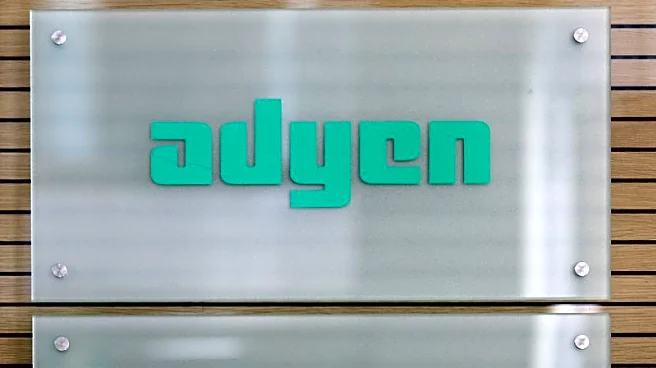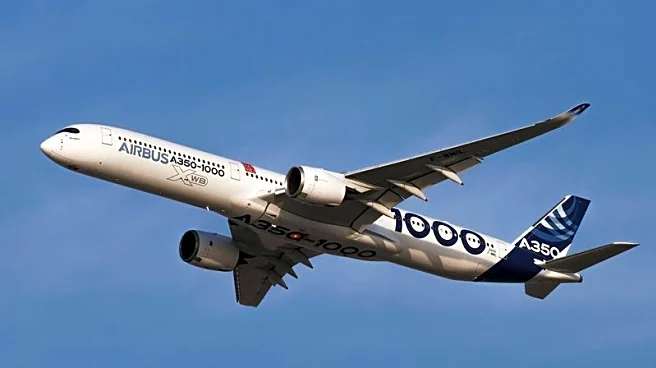By Gianluca Lo Nostro
(Reuters) -Dutch payments group Adyen reported better-than-expected quarterly revenue on Wednesday, driven by robust retail transactions that offset concerns over the end of the U.S.
tariff exemption for low-value imports.
Shares of Adyen surged nearly 10% in early Amsterdam trading, ranking among the top performers on Europe's benchmark STOXX 600 index.
The company posted net revenue of 598.4 million euros ($697.9 million) for the third quarter, a 23% year-on-year rise on a constant currency basis, surpassing analysts' average forecast for 21.1% growth, according to a Visible Alpha consensus.
Adyen has often performed better than its peers because its diverse client base and worldwide reach leave it well-prepared to cope with shifts in consumer spending.
Still, the financial technology firm had been facing pressure from U.S. tariffs and the end of the "de minimis" exemption for packages valued below $800 this year, which has hurt some online shopping platforms.
The removal of this exemption primarily affected online retailers in the Asia Pacific region during the second quarter, Chief Financial Officer Ethan Tandowsky told Reuters.
"We've seen some slight improvements through (the third) quarter, but it hasn't meaningfully changed our results," Tandowsky added.
Unlike many global firms that have been cutting jobs amid weak consumer sentiment and pressure to shift to using artificial intelligence, Adyen, which employed 4,568 people as of June, continues to hire new staff.
The company added 86 employees in the third quarter, mainly in tech and commercial roles, and expects to maintain a similar pace.
“We don't expect a slowdown (in hiring)," Tandowski said. "We see automation as a way to help entice and keep the best people and make sure that their work is as rewarding as it can be anywhere else.”
Adyen reaffirmed its outlook for 2025 but slightly adjusted its revenue growth expectations for 2026, as it approaches the end of the period covered by the financial targets it set in 2023.
($1 = 0.8575 euros)
(Reporting by Gianluca Lo Nostro in Gdansk; Editing by Milla Nissi-Prussak)










